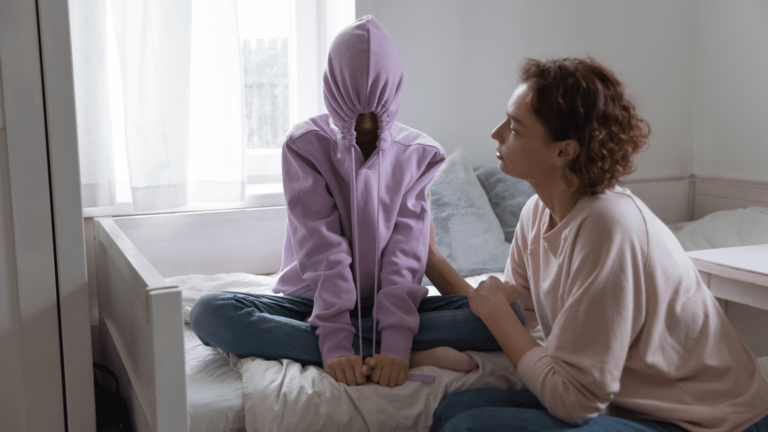Understanding the distinctions between introversion and social anxiety is crucial for fostering self-awareness and empathy towards others. While these terms are often used interchangeably, they describe different experiences and traits. Recognizing their differences can help in addressing the unique challenges they present and in cultivating a more nuanced view of personality and mental health.
Introversion: A Personality Trait
Introversion is a personality trait identified by Carl Jung and later popularized by the Myers-Briggs Type Indicator (MBTI). Introverts are individuals who tend to feel more energized and comfortable in solitary activities or in small, familiar groups. Unlike extroverts, who thrive in social settings and seek external stimulation, introverts often find excessive social interaction draining and prefer environments that are quiet and minimally stimulating.
Key characteristics of introverts include:
Preference for Solitude: Introverts often enjoy spending time alone or with a small circle of close friends. This solitude is not necessarily out of a dislike for others but rather a need to recharge.
Deep Focus: Introverts can focus deeply on tasks and often prefer working independently. They are typically more productive in quiet environments.
Thoughtful Communication: They tend to think before they speak, often choosing their words carefully and preferring written communication over verbal exchanges.
Introspective: Introverts are inclined to reflect on their thoughts and feelings, leading to a rich inner life.
Being introverted is not a limitation but rather a different way of experiencing the world. Many introverts excel in fields that require deep thinking, creativity, and attention to detail.
Social Anxiety: A Mental Health Condition
Social anxiety, on the other hand, is a mental health condition characterized by an intense fear of social situations. This fear is often linked to the worry of being judged, embarrassed, or humiliated in front of others. Social anxiety goes beyond shyness or a preference for solitude; it involves a pervasive fear that can interfere with daily functioning.
Symptoms of social anxiety include:
Intense Fear of Social Situations: Individuals with social anxiety may avoid social gatherings, public speaking, or even small group interactions due to fear of negative evaluation.
Physical Symptoms: This condition can cause physical symptoms such as sweating, trembling, rapid heartbeat, and nausea when faced with social situations.
Avoidance Behaviors: People with social anxiety often go to great lengths to avoid situations where they might be the center of attention or scrutinized.
Negative Self-Perception: There is usually a persistent fear of being judged negatively, leading to self-doubt and low self-esteem.
Impairment in Daily Life: The fear and avoidance behaviors can significantly impact one’s personal, academic, or professional life.
While introversion is a natural and healthy personality trait, social anxiety is a condition that may require intervention such as therapy or medication to manage effectively.
Key Differences Between Introversion and Social Anxiety
Source of Behavior: Introversion stems from a preference for low-stimulation environments and a need to recharge alone. Social anxiety arises from fear and apprehension about social interactions.
Impact on Functioning: Introverts can enjoy social interactions, especially with close friends or in small groups, and they can navigate social settings without fear. In contrast, social anxiety often leads to avoidance of social situations, causing significant distress and impairment.
Emotional Experience: Introverts feel content and energized when alone or in small, familiar groups. Those with social anxiety experience distress, fear, and discomfort in social situations.
Perception of Social Interactions: Introverts may find large gatherings tiring but not necessarily fear-inducing. Social anxiety involves a fear of negative evaluation and intense worry about being judged.
Understanding the differences between introversion and social anxiety is essential for recognizing and addressing the unique needs of individuals. While introverts simply prefer less stimulating environments and may need more time alone, people with social anxiety struggle with a debilitating fear of social judgment that can hinder their ability to function effectively. Recognizing these distinctions can foster better support systems and encourage individuals to seek appropriate help if needed. Embracing the diversity of personality traits and mental health experiences enriches our understanding of human behavior and promotes a more inclusive society.
Source Credits: carolynrubensteinphd
Also Read: 10 Realistic Ways to Overcome Social Anxiety






